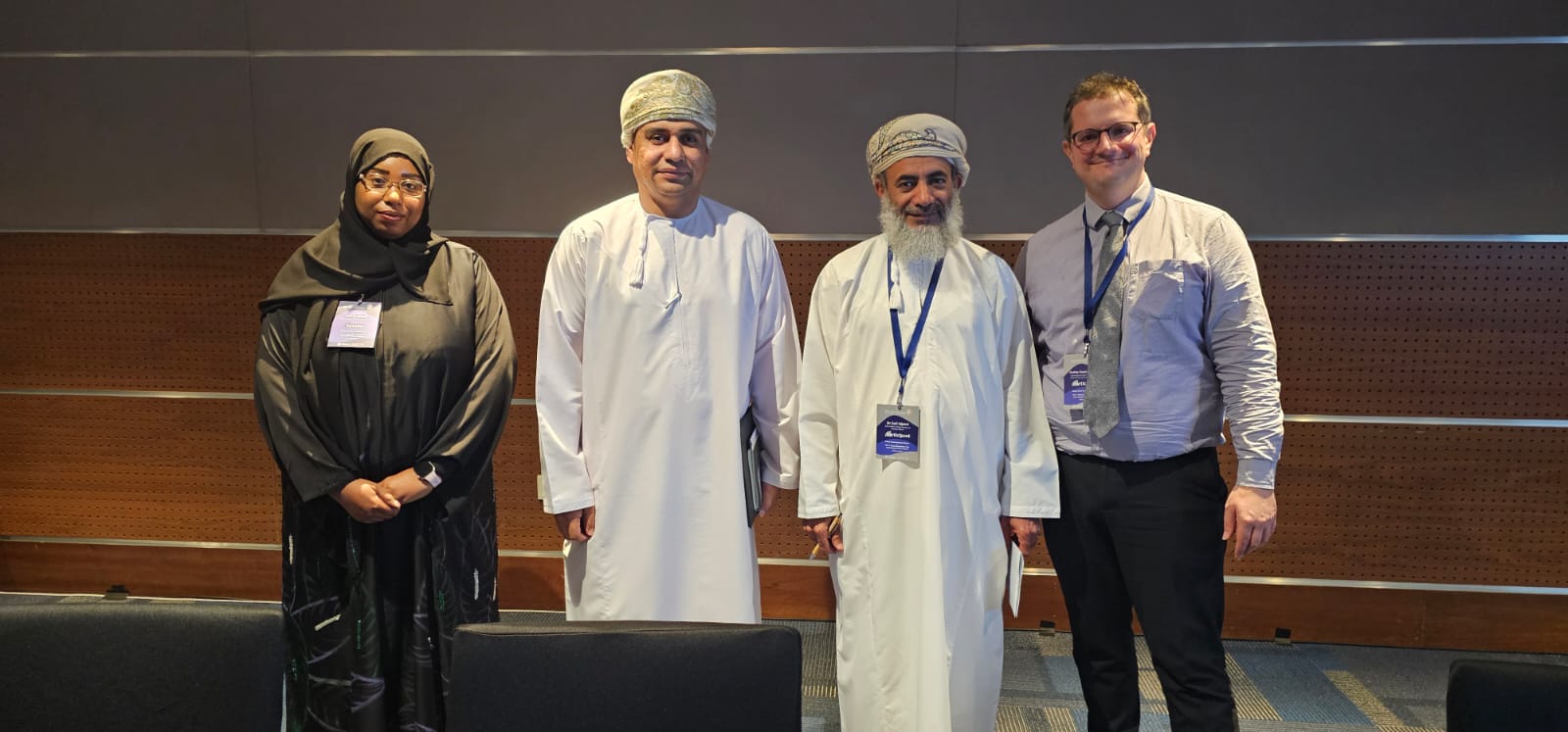Advancing knowledge management for inclusive, equitable and sustainable growth
04 February 2025
An IFLA side-event at the International Council on Science General Assembly underlined positive trends in information collection, management and sharing, across disciplines and borders, especially in the Middle East and North Africa Region. Yet the support of governments and partners is still very much needed to realise goals.

Realising the potential of science for sustainability will require effective knowledge management and sharing. Libraries have long provided a key infrastructure for doing this, both through their practical work to curate information and build catalogues, and through advocating for the change necessary to open up knowledge for all.
Thanks to this work, increasingly, the goal of globally connected information is coming into view. Yet this process is not necessarily simple. Choices need to be made, interests and values respected, and inclusion guaranteed.
An IFLA side-event at the International Science Council’s General Assembly in Muscat, Oman, provided an opportunity to explore the state of play today, drawing on expertise from across the wider region. We were proud to be joined by:
- Mounir Albatashi – Director of the Omani Research and Education Network
- Boshra Alnofli – technician at Sultan Qaboos University
- Zuheir Bakleh – Information Management Officer at the UN Economic and Social Commission for Western Asia
- Alwaleed Alkhaja – Head of open access and science, Qatar National Library
- Tatiana Usova – Director of the Library at Carnegie Mellon University in Qatar
Each started by talking about the work that they are undertaking to advance the goal of effective management of knowledge across the region to support development. In particular, they highlighted work both to build repositories and develop skills.
Such repositories have a role in bringing attention to local content, supporting the stronger integration of different national research sectors into global efforts. This in turn can enable collaborations and learning that drive development.
Drawing on the insight and expertise of librarians, they can also favour access through effective curation and user-focused design. In particular, speakers underlined a broad approach to the types of content included, covering everything from historical materials to contemporary research.
In parallel with the platforms provided by repositories, libraries were also strongly engaged in building comfort with working with knowledge in order to generate new insights. Participants highlighted their work to support interdisciplinary research (in particular at the national level), as well as to bring a wide variety of materials to the attention of decision-makers internationally, notably at the level of the UN.
Finally, libraries had also been at the forefront of the shift towards open access, again both through the development of repositories of local content, and through agreements with publishers, making it possible to advance towards the goal of 100% open access content.
Overall, the panellists told a story of progress towards greater sharing and interoperability, driven as much by deliberate efforts as by a more organic convergence and adoption of shared standards. There was also a trend towards stronger collaboration and communication between actors, disciplines and countries. The contribution of libraries – in building tools, developing diverse collections, creating connections (including with governments) and offering training – was significant.
At the same time, this progress was stop-start, with the need sometimes to change course and find solutions to emerging challenges. There was also still more to be done to achieve a truly unified architecture for knowledge sharing to support science and development.
In addition to the role of libraries, governments would need to ensure favourable laws and funding, based on an understanding of the importance of knowledge as a basis for science, innovation, and development.
IFLA is grateful to the International Science Council for the possibility to hold the event, and Saif Al Jabri for his support in setting up the event.